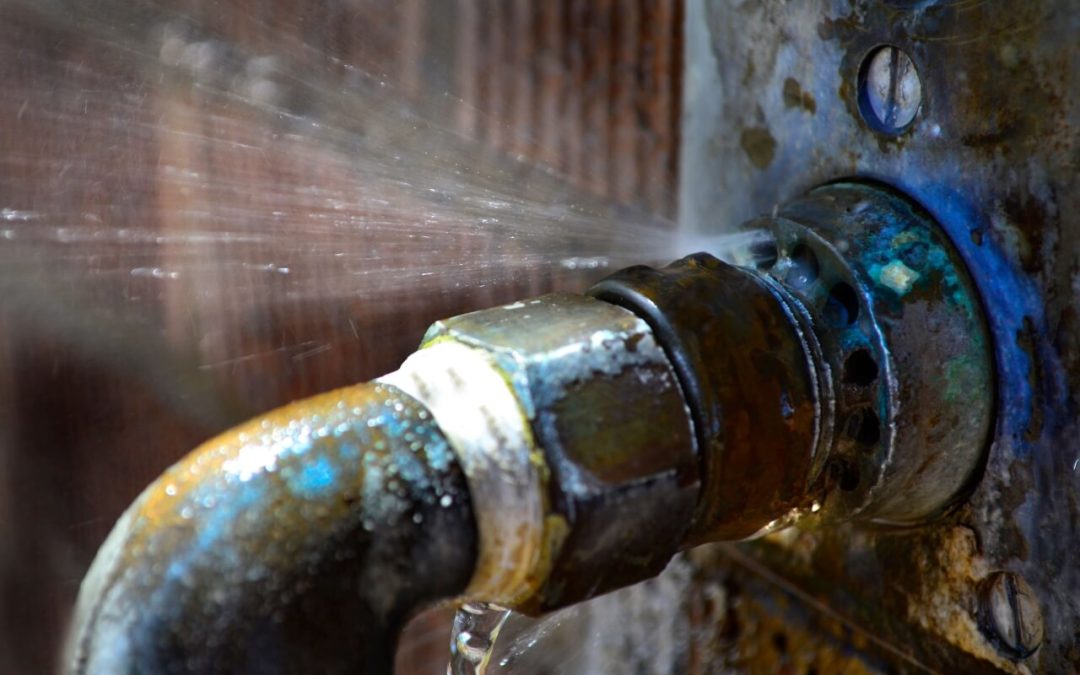Basement plumbing problems can be a disaster. Fortunately, there are many different things you can do to keep your basement dry. Continue reading to discover how to prevent plumbing leaks in the basement.
Regulate Water Pressure to Prevent Basement Plumbing Leaks
Protecting your basement pipes from potential leaks begins with regulating the water pressure in the plumbing. Ensure the water pressure stays below a specific limit. The recommended pressure is usually about 60 psi. If the pressure exceeds this limit, it can cause water hammers in the plumbing, potentially resulting in pipe ruptures and water damage.
Hire a professional plumber to test your water pressure. Alternatively, purchase a gauge and test the pressure yourself. If the plumber notices the water pressure is too high, they can correctly adjust it to a safer level for your basement pipes.
Insulate Basement Pipes
The pipes carrying water through your basement are often exposed to extreme warm and cold temperatures and humidity. In such an environment, the water lines are susceptible to condensation and freezing, which often cause leaks.
Insulating your basement pipes helps prevent them from freezing during the winter months. Frozen pipes can become damaged, cracked, or even burst due to the expansion of water inside the lines as it transforms into ice. The good news is proper insulation reduces the likelihood of burst pipes.
Another benefit of insulating your pipes is preventing condensation during the summer. In high-humidity conditions, the cold water lines can become covered in condensation. When these droplets collect, they’ll begin to drip. If you’re storing valuable items beneath uninsulated pipes, this moisture could damage your belongings and lead to mold growth.
Regularly Check the Washer Hoses
If your washing machine is in the basement, inspect the hoses to prevent basement plumbing leaks. Hoses connecting your washer to your home’s hot and cold water lines are usually rubber. And while rubber is durable, it can wear out over time and become brittle. When the hoses deteriorate, they develop cracks that allow leaks. A broken washing machine hose can lead to a major leak in the basement.
Inspect your washing machine hoses regularly to ensure the connections are secure, and the materials are in good condition. During your inspection, check for signs of damage, such as cracks or wet spots. If you find defects, replace the appliance’s hoses as soon as possible.
Use these strategies to prevent basement plumbing leaks and avoid costly repairs. If plumbing repairs or maintenance aren’t projects you are comfortable tackling, hire a professional.
Exceptional Engineering Home Inspections offers inspection services to customers in the Scottsdale and Phoenix Metro areas of Arizona. Contact us to schedule an appointment.

